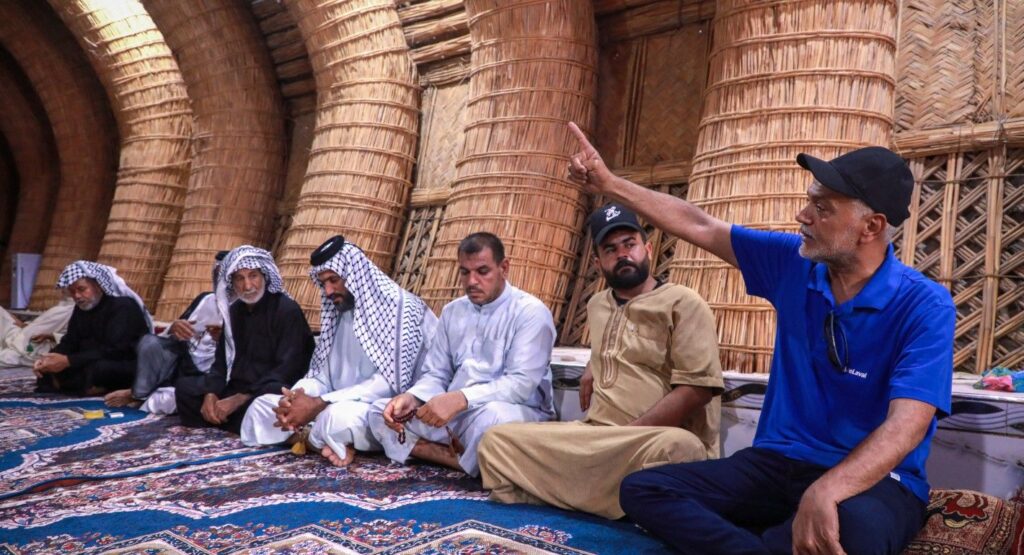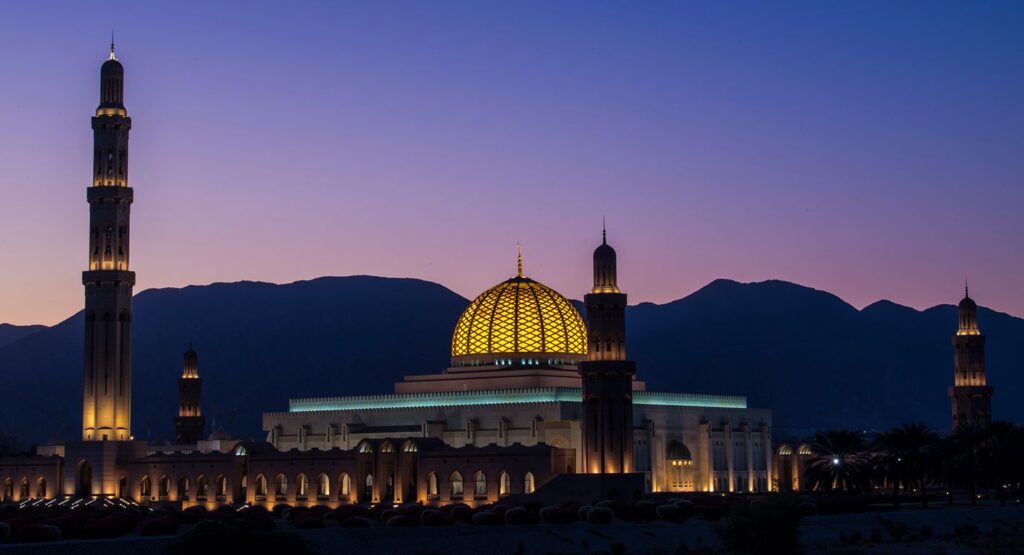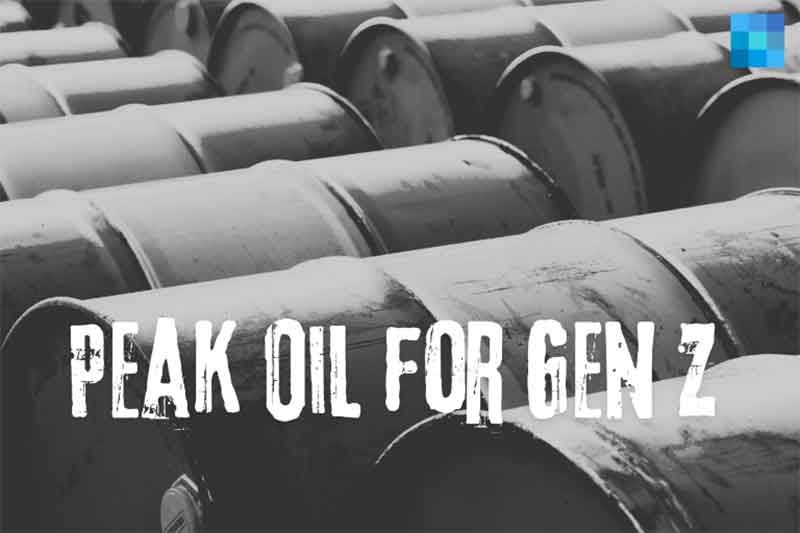In Iraq and Yemen, Climate Activism Requires Both Defiance and Adaptation

In the Middle East, climate activism is often intertwined with public grievances over perceived governance failures and ongoing regional and national conflicts. Not only are Iraq and Yemen among the countries most vulnerable to climate change,1 compounded by apparent endemic state corruption, but they have also become key arenas for the ongoing regional confrontation between Israel and Iran’s axis that began in October 2023. In Iraq, for example, clashes between Iran-backed militias and U.S. and Israeli forces—a symptom of wider instability and governance failures—have enabled Türkiye and Iran to exploit the country’s water resources.2 In Yemen, Ansar Allah (commonly known as the Houthi movement) has disrupted international shipping in the Red Sea and attacked Israel, deepening the country’s isolation and insecurity. Both countries also grapple with fragmented political authority: Iraq’s federal structure includes a semiautonomous region, while Yemen remains divided among competing factions.






